Publications
 View the Toolkit
View the Toolkit
Creating Permanent Supportive Housing to Meet the Needs of Survivors of Domestic Violence: A Toolkit for Housing Developers, Architects, Property Managers, and Housing Service Providers
This Toolkit was made possible thanks to the insight of community partners and survivors of domestic violence and homelessness, and financial support from the Conrad N. Hilton Foundation and Blue Shield of California Foundation. View the resulting 4-part webinar series here.
About the ToolKit
Despite previous research showing that more than one-third (38%) of domestic violence survivors experience homelessness at some point in their lives, there has remained a dearth of public guidance on housing solutions that meet their specific needs.
To remedy this gap, the Downtown Women’s Center and the National Alliance for Safe Housing partnered in 2019 to develop this Toolkit as a best practice resource for housing developers, property managers, and service providers involved in building and operating Permanent Supportive Housing (PSH) for survivors of domestic violence (DV).
First conceptualized in meetings of the Domestic Violence & Homeless Services Coalition (DVHSC), the Toolkit incorporates unique perspectives from architects, service providers, housing developers, property managers, and survivors themselves from across the U.S., in order to serve those currently operating PSH as well as those exploring the creation of new PSH buildings and programs. As the first of its kind, the Toolkit also includes recommendations for involving survivors in the development of more inclusive, trauma-informed PSH programs, to better meet the need for effective permanent housing options in addition to shelter, transitional housing, and rapid re-housing models.
While intended as a reference for individuals building and operating PSH for DV survivors, the Toolkit’s recommendations are applicable across PSH programs and partnerships that serve or will serve trauma survivors, even if units are not specifically designated for survivors of DV.
Topics addressed in this Toolkit include:
- The implementation of trauma-informed care in PSH building and program design.
- Considerations around serving survivors of color and survivors with other intersectional identities.
- Avenues for developing long-term, sustainable dialogues with survivors regarding PSH design and operation, in order to create programs that more effectively respond to their unique needs, challenges, and perspectives.
- The cultivation of strategic partnerships and community support in PSH development, as well as the identification of key funding sources.
- Considerations for responsive and effective property management, with information on leasing policies, legal housing protections, and safety, security, and confidentiality risks.
 Read the 2022 Report
Read the 2022 Report
About the Women’s Needs Assessment
The DWC Women’s Needs Assessment is a community-based research project conducted by the Downtown Women’s Action Coalition every three years since 2001. Each report surveys the needs, characteristics, and conditions facing homeless and extremely low-income women living in Los Angeles
The eighth and most recent report, the DWC 2022 Los Angeles City Women’s Needs Assessment, expands on the legacy of the past seven projects to include women from across the entire County of Los Angeles. Developed in partnership with unsheltered and sheltered women across the city, and published with HUB For Urban Initiatives and Urban Institute, this is the first report of its kind to study the needs and conditions of homeless women across such a broad geographic swath of the region.
Click here to read previous Women’s Needs Assessments from 2001-2019.
 View the Toolkit
View the Toolkit
A Guide to Ending Women’s Homelessness in Los Angeles
Achieving social and policy change is critical to ending women’s homelessness, and we can’t do it alone. We need committed supporters and people like you to help us spread awareness and change lives.
About the Toolkit
The DWC Advocacy Toolkit is your reference on the state of women’s homelessness in Los Angeles, as well as its causes and solutions. Our hope is that it will empower you to join the conversation and equip you with the tools you need to:
- Submit compelling public comment in support of new affordable housing developments in your community.
- Turn common stereotypes of homelessness into learning opportunities, and combat NIMBY (“Not In My Backyard”) sentiments when you encounter them.
- Write to and call your elected officials in support of housing and other community investments to ending homelessness.
- Have conversations with friends, family, and coworkers about women’s homelessness, its solutions, and DWC.
- Drive awareness by sharing information with your network and/or hosting live conversations about women’s homelessness on social media.
 Read the Report
Read the Report
Focus Groups Report: Survivor Solutions to Program & Systems Change
This report is brought to you by the Domestic Violence & Homeless Services Coalition, with support from survivors across Los Angeles County.
About the Report
In 2017, the Domestic Violence & Homeless Services Coalition (DVHSC) conducted 12 survivor-driven focus groups to better understand the barriers they faced in accessing and maintaining permanent housing, with the goal of distilling actionable recommendations for service providers across Los Angeles and the greater U.S.
Key findings from the focus groups included the following:
- A myriad of barriers exist to accessing services, leading to survivors’ feelings of hopelessness, re-traumatization, and disconnection.
- Survivors need support and advocacy in navigating the complex housing continuum and service system.
- Survivors have a deep desire to stay connected to their communities and social networks, especially those with children.
- Access to trauma-informed services and safe housing can lead to increased self-trust and trust in the system for survivors.
 Read the Report
Read the Report
City of Los Angeles Women’s Housing Gap Analysis
This report is brought to you by the City of Los Angeles and the University of California Sol Price Center for Social Innovation.
About the Report
In 2018, there were just over 9,500 females experiencing homelessness in the City of Los Angeles, accounting for 30% of the city’s entire homeless population. Although housing insecurity affects all demographics, female-identifying individuals who experience homelessness face unique challenges, including various physical and mental health issues, heightened risk of violence, and lack of social support networks. These challenges are only exacerbated by the lack of safe, affordable housing in the City of Los Angeles, which disproportionately affects women across all age groups.
In response to these trends, the City of Los Angeles, in partnership with DWC and researchers at the University of Southern California (USC) Sol Price Center for Social Innovation, conducted an analysis to identify the needs of self-identifying females experiencing homelessness. The ensuing report focuses specifically on individual women ages 25+ to measure the gap between their needs and the availability of resources and affordable housing options across the region.

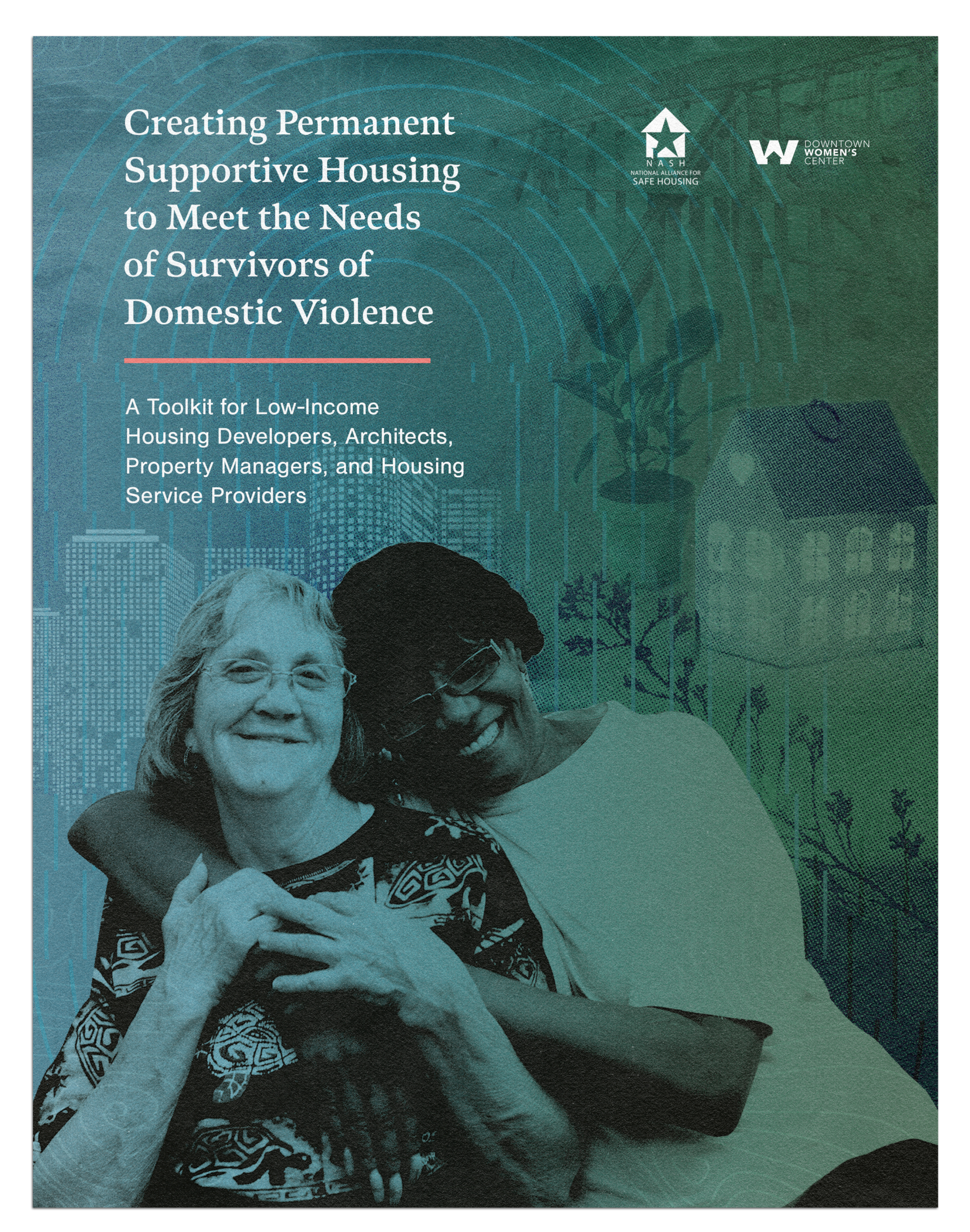
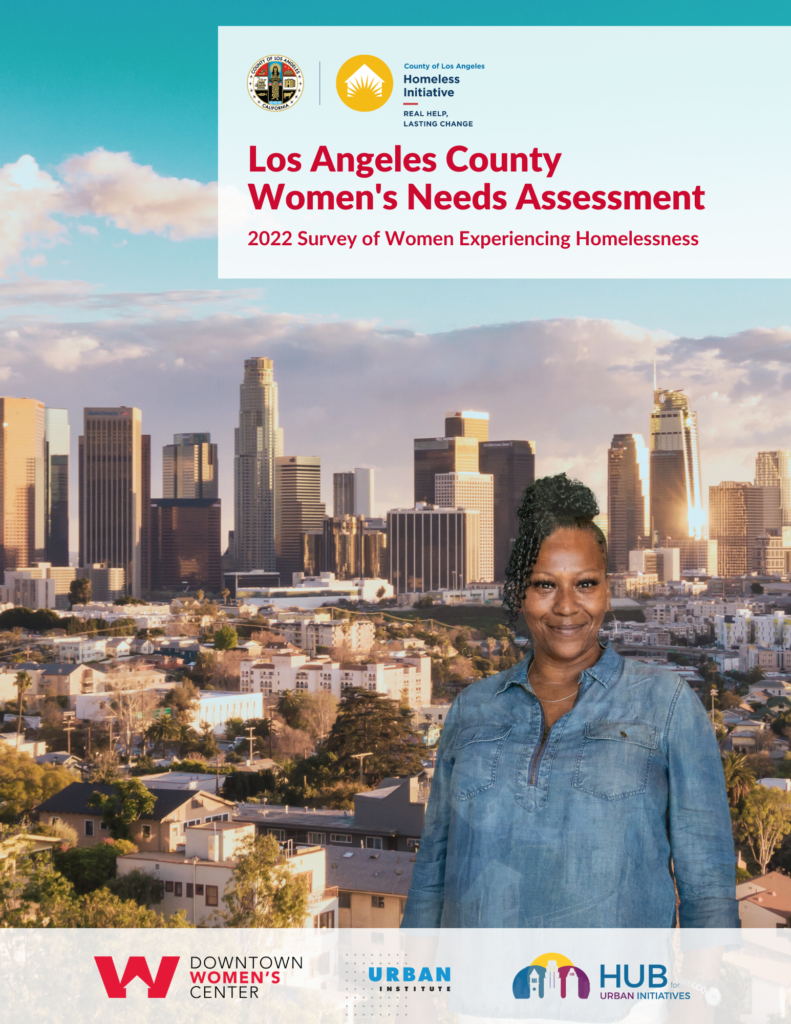
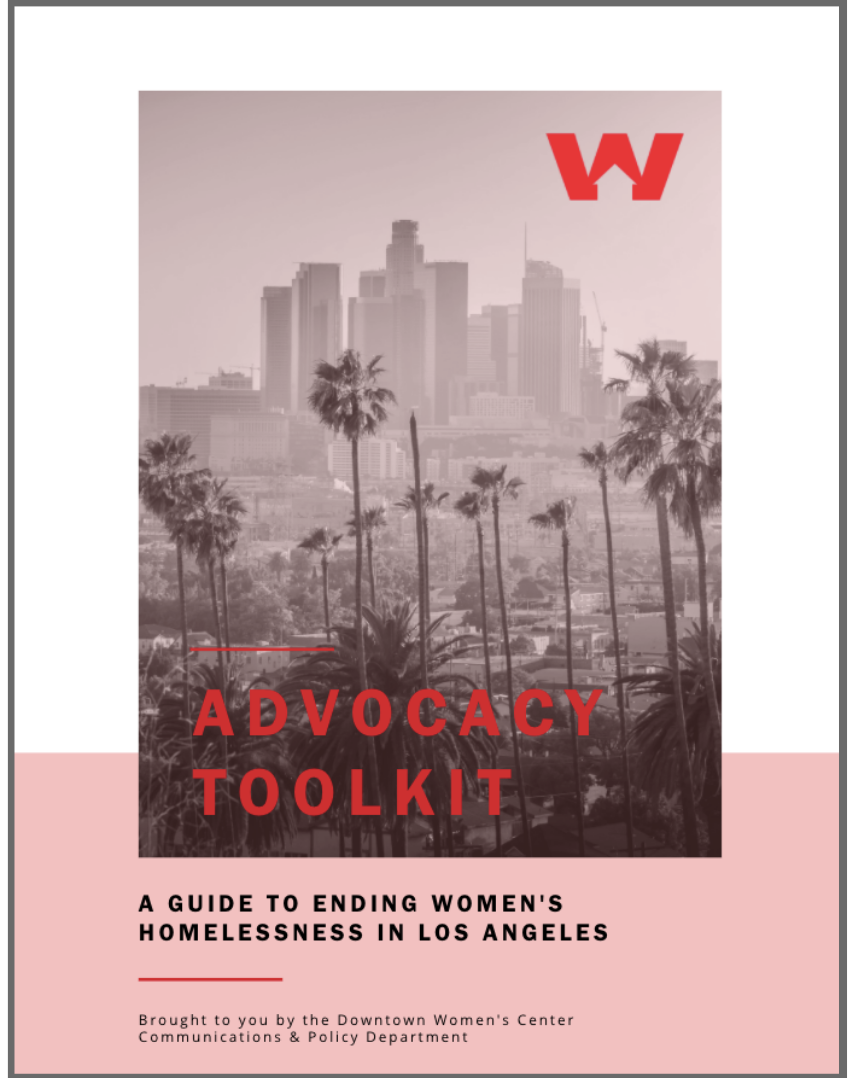 View the Toolkit
View the Toolkit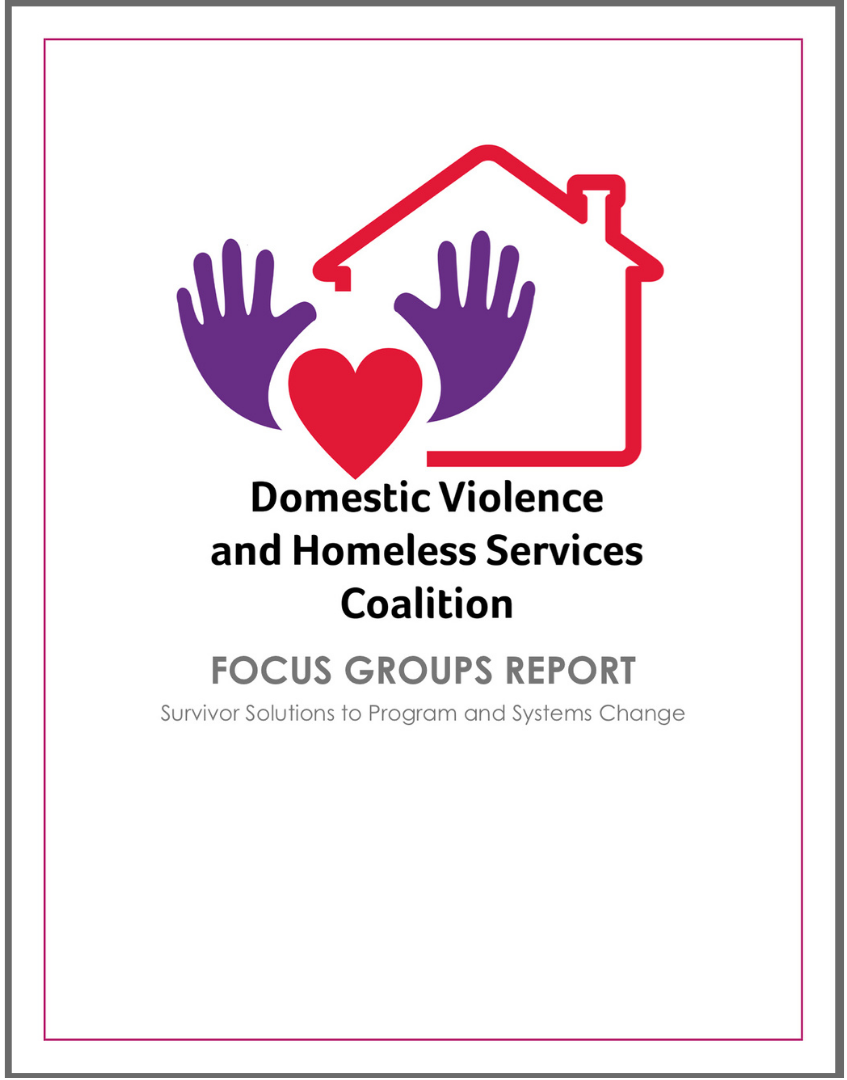 Read the Report
Read the Report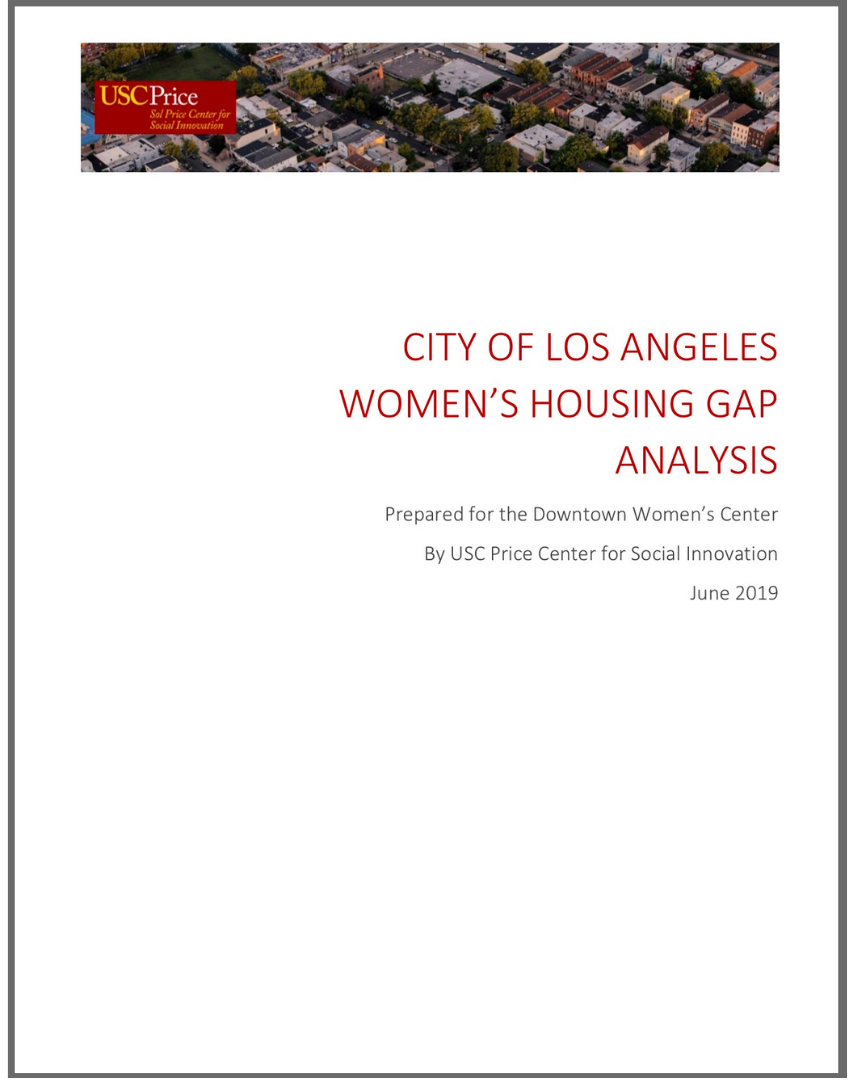 Read the Report
Read the Report